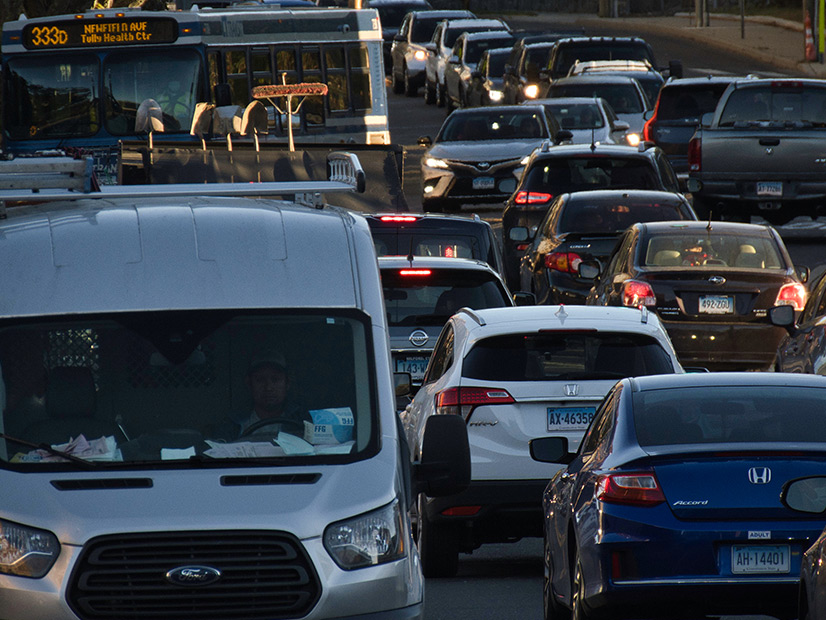Leading lawmakers in the Connecticut General Assembly have not ruled out a special session this fall that could provide advocates another chance to push for passage of the Transportation and Climate Initiative Program (TCI-P).
A bill to enable TCI-P made it out of the Environment Committee during the last regular season but not to a full vote.
Republican legislators and gasoline trade associations labeled the cap-and-invest program as another gas tax in the form of potential pass-down costs from fuel suppliers to consumers. Analysis by the state Department of Energy and Environmental Protection did show that Connecticut’s TCI-P participation could boost gas prices by 5 cents/gallon beginning in 2023, assuming fuel suppliers choose to pass down 100% of allowance costs to consumers. Multiple consumer protection safeguards, including a cost-containment reserve, would kick in at 9 cents/gallon.
Opponents countered the 5- to 9-cent increase applies only to the first year of TCI-P, with prices potentially rising by as much as 26 cents. (See Conn. Officials Push Back on ‘Gas Tax’ Label of TCI-P.)
Gov. Ned Lamont signed a memorandum of understanding in December 2020 along with Massachusetts, Rhode Island and D.C. to launch TCI-P, which aims to cut greenhouse gas emissions from vehicles by 26% from 2022 to 2032 and invest hundreds of millions of dollars per year in cleaner transportation choices and public health improvements. Since then, DEEP Commissioner Katie Dykes has been Connecticut’s chief advocate for one of Lamont’s legislative priorities.
Speaking last week during a webinar hosted by the Connecticut Roundtable on Climate and Jobs, Dykes is back on the stump “to counter some of the myths that are out there” about TCI-P.
“Either it’s going to subject us to more risks and challenges, or it’s going to be an engine of helping to grow jobs, transform our economy and improve our public health here in the state,” Dykes said.
TCI-P is projected to raise up to $89 million starting in 2023, increasing to $117 million by 2032. The program would direct at least 50% of this money to communities overburdened by air pollution or underserved by the transportation system. It also would establish an equity and environmental justice advisory board to counsel DEEP and the Department of Transportation on TCI-P to ensure equitable outcomes.
Speaking of outcomes, Dykes said that she continues to hear from legislators who were disappointed that TCI-P did not move forward during the last session and had “good, constructive conversations” with those who were unsure about the program or not supporters. Dykes added that Connecticut’s success with the Regional Greenhouse Gas Initiative (RGGI), which aims to cap and reduce emissions from the power sector, shows a viable path for TCI-P.
“We’ve proven this [cap-and-trade] mechanism with RGGI,” Dykes said. “We know how important it is to take action, and we know what the impacts are to our communities by not taking action, so that’s why we’re continuing to listen and think about ways that we can address concerns and make this a bill that we’ll get to the governor’s desk.”
As for gearing up for another tussle with TCI-P opponents, Dykes said, this is not the first time that she’s heard regulations mischaracterized as a tax, which is why she has been “very transparent” that the program will affect the consumer price of gasoline. She also wants to have a “fair discussion” about higher health care costs to address asthma and other acute care, borne from decades of slow action on climate change.
“That is an enormous tax,” Dykes said. “It’s 2021. It is beyond time for us to be debating. It is very clear that not putting in place common-sense programs subjects us to much higher and accelerating costs to help protect our communities from runaway impacts from climate change. It makes great economic sense to do this.”



